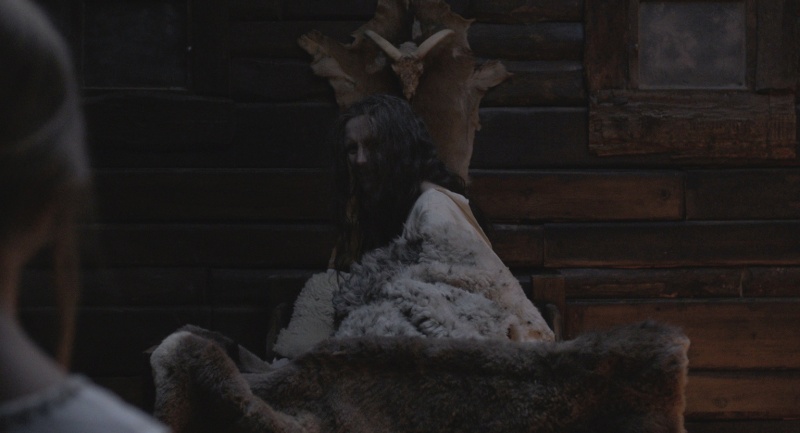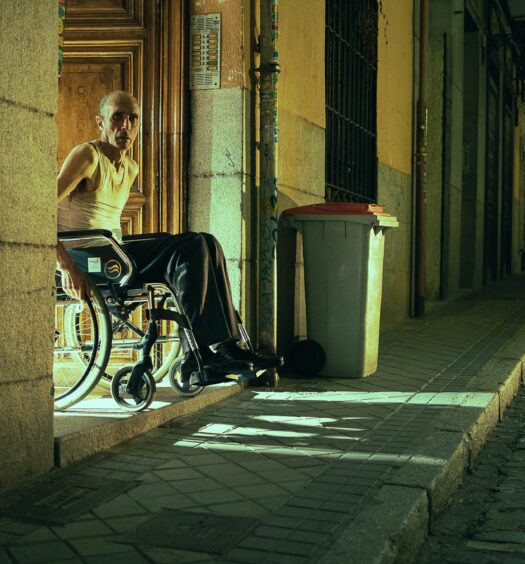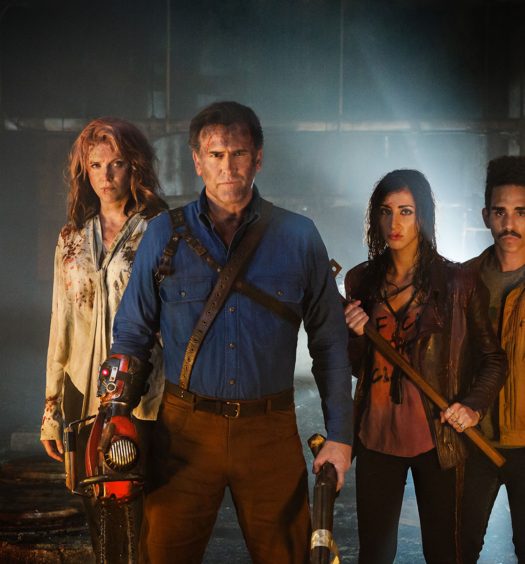Set in the 15th century Austrian Alps, the debut feature by Lukas Feigelfeld, a graduate film no less, is a stark examination on paranoia and superstition surrounding the Paganism and the time period. Following goat herder Albrun, living alone in the isolated and oppressive wood, she struggles with oppression that gives way to uncertainty further exacerbated by nightmarish visions. It begs the question of just what is real and what is imagined.
The first act shows immense promise of pure nightmare inducing horror and never does anything with it narratively, it ends up a disappointment.
Feigelfeld switched from majoring photography to film prior to his feature debut, so it’s no surprise just how stunning this feature is. The setting only enhances that; it’s pristine snowy woods or its sloping green fields are an absolute marvel. Much of what makes Hagazussa worth watching is the cinematic language and visual splendor Feigelfeld creates with cinematographer Mariel Baqueiro. It’s such a beautifully shot film that it instantly makes you excited to see what the director does next.
It’s the narrative and its pacing, however, that gives pause. There’s really not much story to be found at all here, not really. On paper, it shares similarities with Robert Eggers’ surprise hit The Witch. A central focus on a female character whose fate is essentially out of her hands, a period piece that makes horrific use of goats, and the examination of superstition plaguing the time period seems like a sure bet for those who liked Eggers’ film. Save for a bone-chilling first act, Feigelfeld’s take slows to a crawling, glacial pace that relies too heavily on subtext to tell its story.
There are moments and scenes of nightmarish horror, but they’re few and far between with the thinnest of connective tissue between them. Albrun’s story and her character aren’t nearly as fleshed out as they should be. What does exist, again, relies on a lot of subtext for the viewer to fill in the blanks. It’s a strong concept with a lovely execution that feels very arthouse but doesn’t really fulfill its potential. The first act shows immense promise of pure nightmare inducing horror and never does anything with it narratively, it ends up a disappointment. The entire running time essentially feels like an unfulfilled promise, waiting for cohesion to Albrun’s story.
It paints a hauntingly beautiful portrait set against a breathtaking backdrop, but it winds up feeling quite hollow.
Fans of avant-garde visual storytelling will find a lot to appreciate here. Those that prefer their films most story-based or those who expect another chilling tale on witchcraft will find themselves solely disappointed. Most of Albrun’s actions and decisions don’t make any sense whatsoever, and Feigelfeld doesn’t offer any answers, either. There’s no payoff to this slow burn horror, just a voyeuristic view of an isolated young woman living alone in an oppressive period. It paints a hauntingly beautiful portrait set against a breathtaking backdrop, but it winds up feeling quite hollow. Even still, despite its lack of traditional narrative and deliberate lackadaisical pacing, Feigelfeld’s made one hell of a student film that makes him a rising star to watch.
Hagazussa: A Heathen’s Curse screened at Fantastic Fest on September 22, 2017.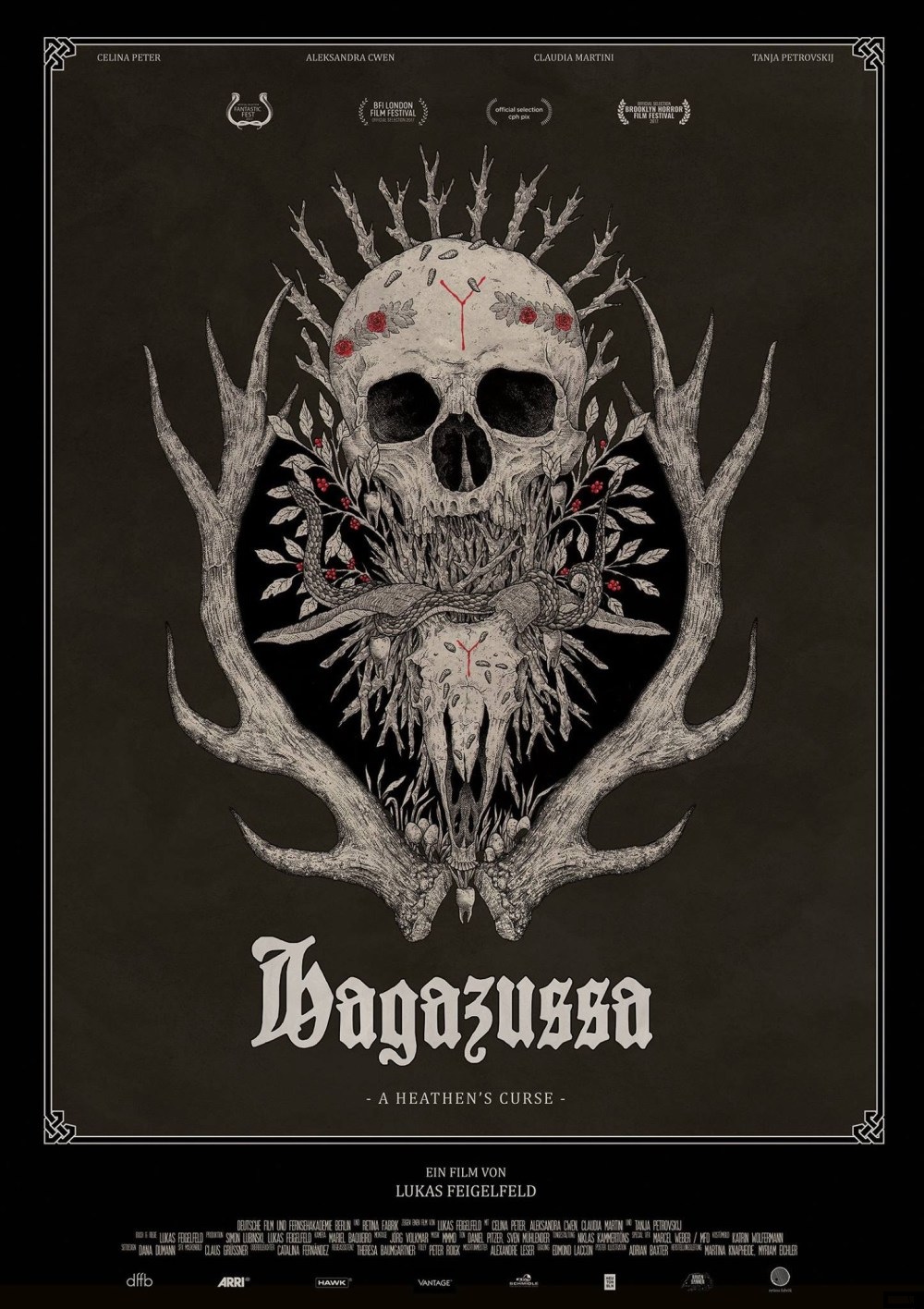
Hagazussa: A Heathen’s Curse [FF 2017 Review]
Hollow
